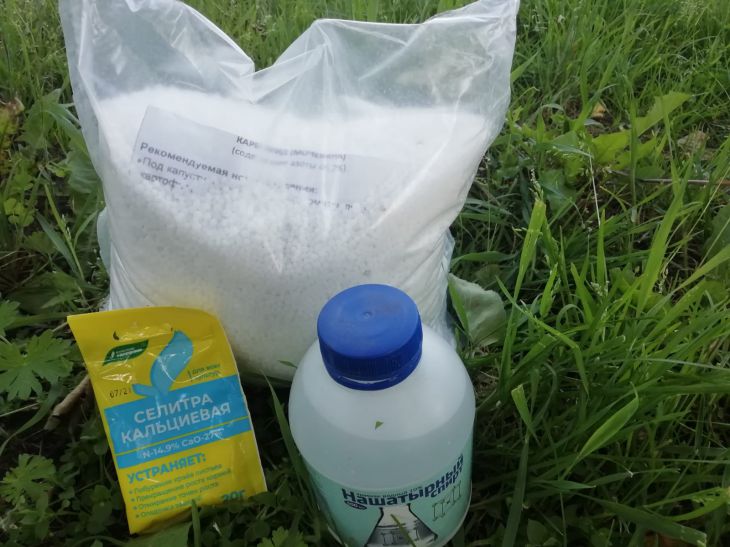Many gardeners try to save money or simply use natural remedies when it comes to fertilizers.
Some gardeners believe that it is possible to do without mineral compositions. But experts do not share this opinion.
Mineral fertilizers
Russian scientist Kliment Timiryazev emphasized that after each harvest the soil is deprived of nutrients. Gradually the soil becomes depleted, which ultimately leads to a decrease in crop yields, AiF reports.
However, even sand can become fertile. For this, the "big three" are needed: nitrogen, phosphorus, potassium. In addition to them, iron, calcium, boron, copper, molybdenum, zinc, manganese, etc. compounds are needed in microdoses.
Thus, every summer resident should have potassium, nitrogen and phosphorus fertilizers or complex compositions – “cocktails” of macro- and microelements – in stock.

Why do we need fertilizers?
Nitrogen compounds are responsible for the development of the above-ground part of the plant: leaves, shoots, fruits.
Under the influence of potassium fertilizers, vegetative buds turn into flower buds, the fruits become tastier, more aromatic and juicier.
Phosphorus stimulates the development of the underground part of the plant. The roots become larger, which also has a positive effect on the development of the above-ground part.
Signs of micronutrient deficiency
By looking at the plant, you can accurately determine what microelement it lacks. Here are the signs that indicate what:
- the leaves turn yellow and the inflorescences are small and weak – iron deficiency;
- slow development, seeds are poorly formed – lack of copper;
- the fruits lose their natural color and have an ugly shape - more zinc is needed;
- buds wither and stems crack – boron is needed.








